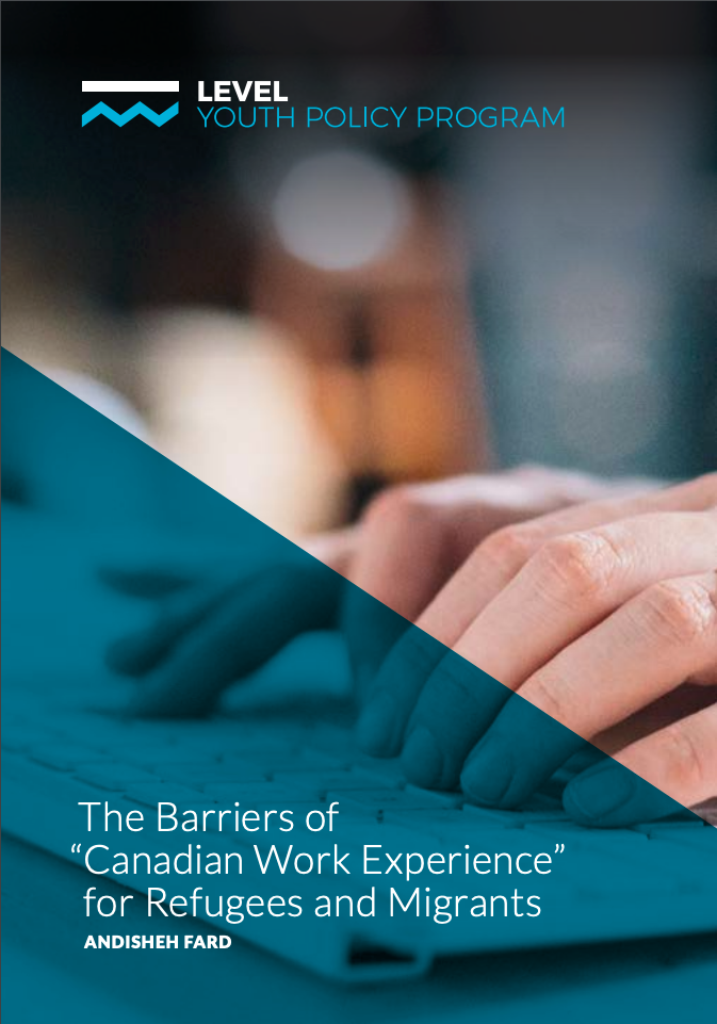The arbitrary requirement for “Canadian work experience” is one of the main challenges Newcomers face in regards to accessing meaningful employment. Indeed many Newcomers resort to “survival” jobs as the process to obtain a job that matches their experiences, credentials, and education can be lengthy. The need to acquire “Canadian experience” has arguably become a norm in society, although there isn’t truly a common understanding/agreement of why this criterion exists.
In 2013, the Ontario Human Rights Commission deemed strict requirements for Canadian experience as discriminatory based on the Ontario Human Rights Code. With a newly hired Human Rights Commissioner, British Columbia has an opportunity to follow suit. There are also opportunities for employers to incorporate unconscious bias training and create assessment models based on skills and competencies. However, these recommendations are only possible first steps.
In order to have recommendations on policy and policy implementation, we need to incorporate the perspectives of multiple stakeholders, while centering the voices and experiences of people with lived-migration experience who have faced the barriers because of the requirement for Canadian experience. By mapping systematic barriers that different stakeholders face, by unpacking the different components of foreign experience and credential devaluation, and by applying a human rights and anti-oppression framework in dialogues, we may be able to better identify challenges for all stakeholders involved, as well as identify innovative opportunities for change.


